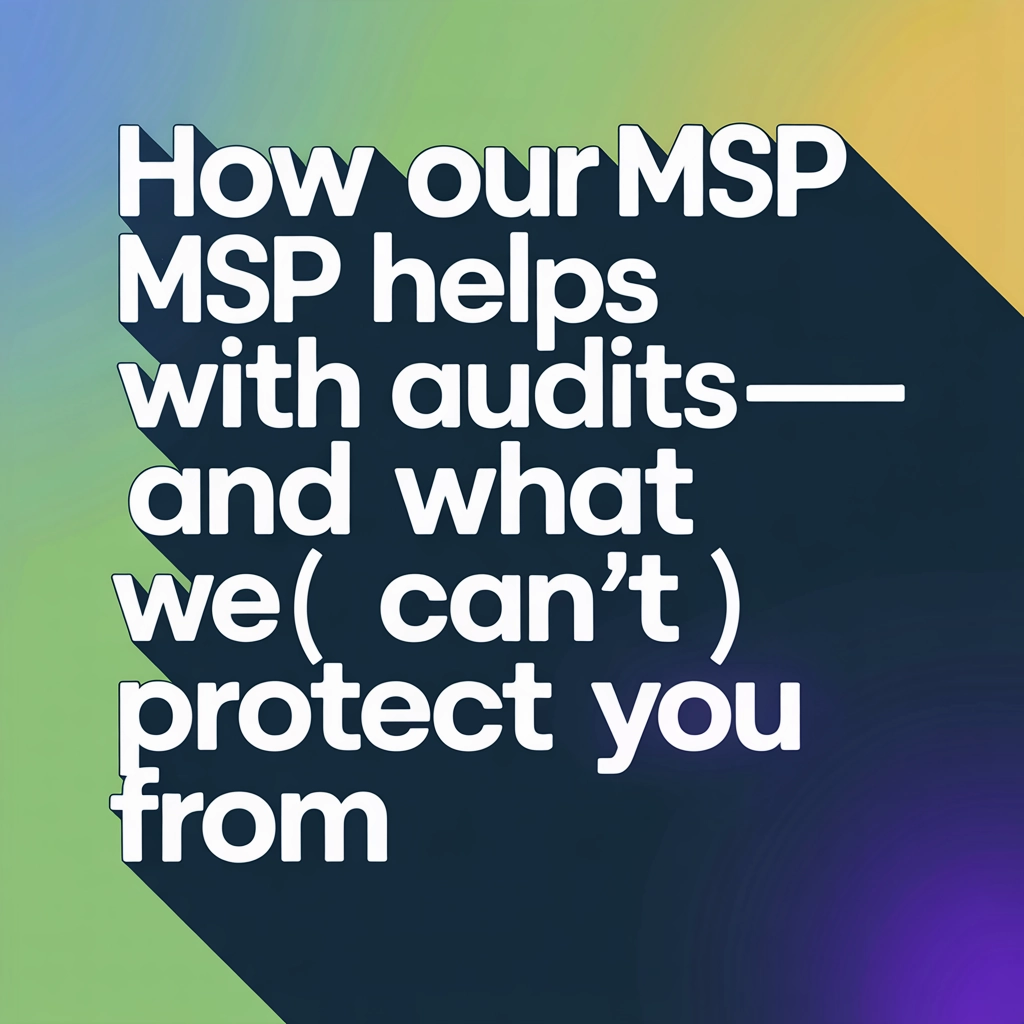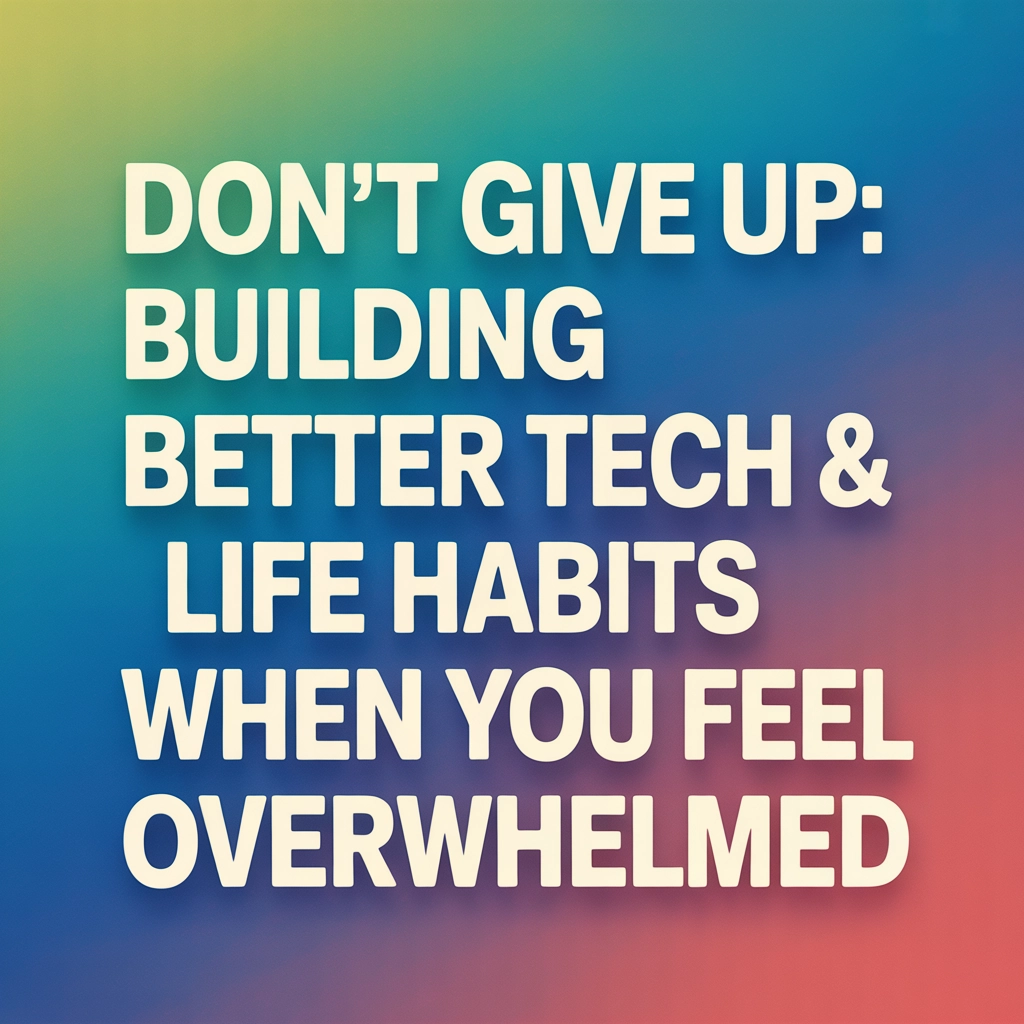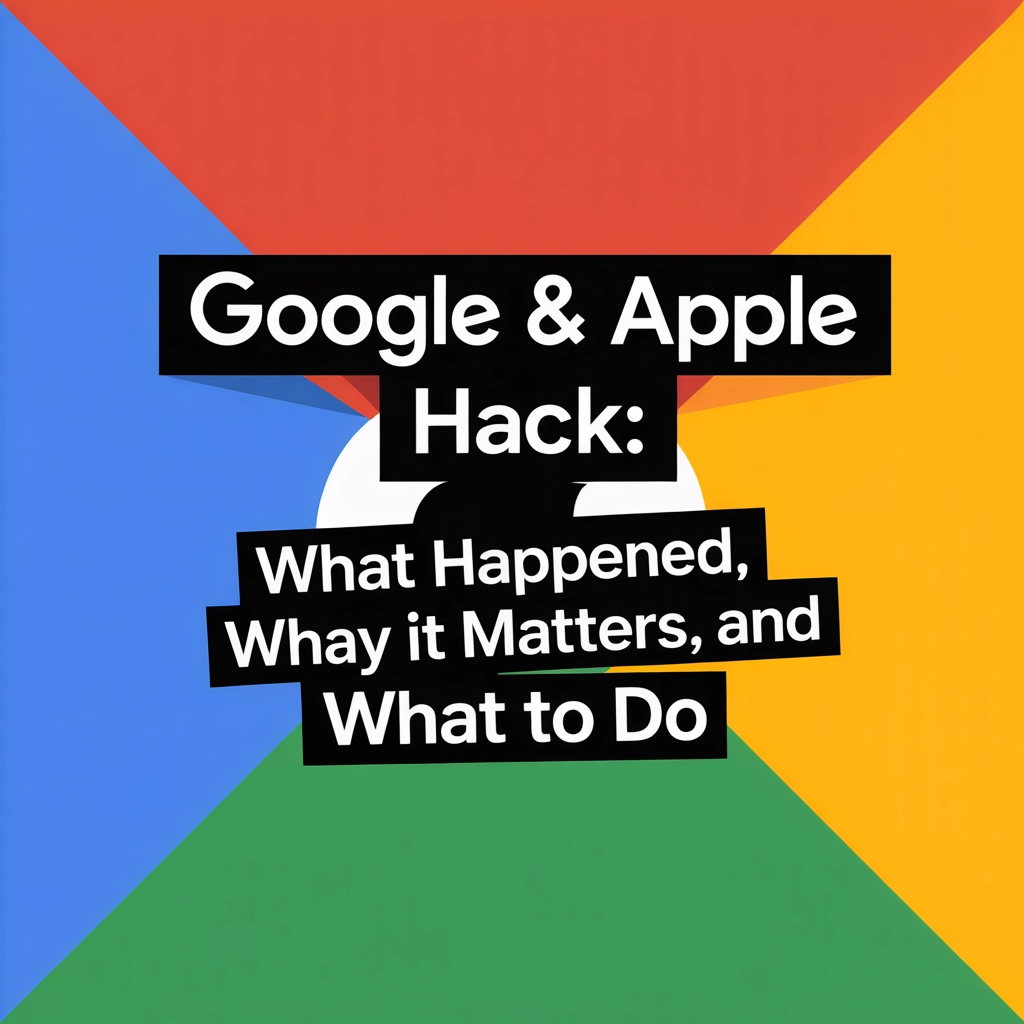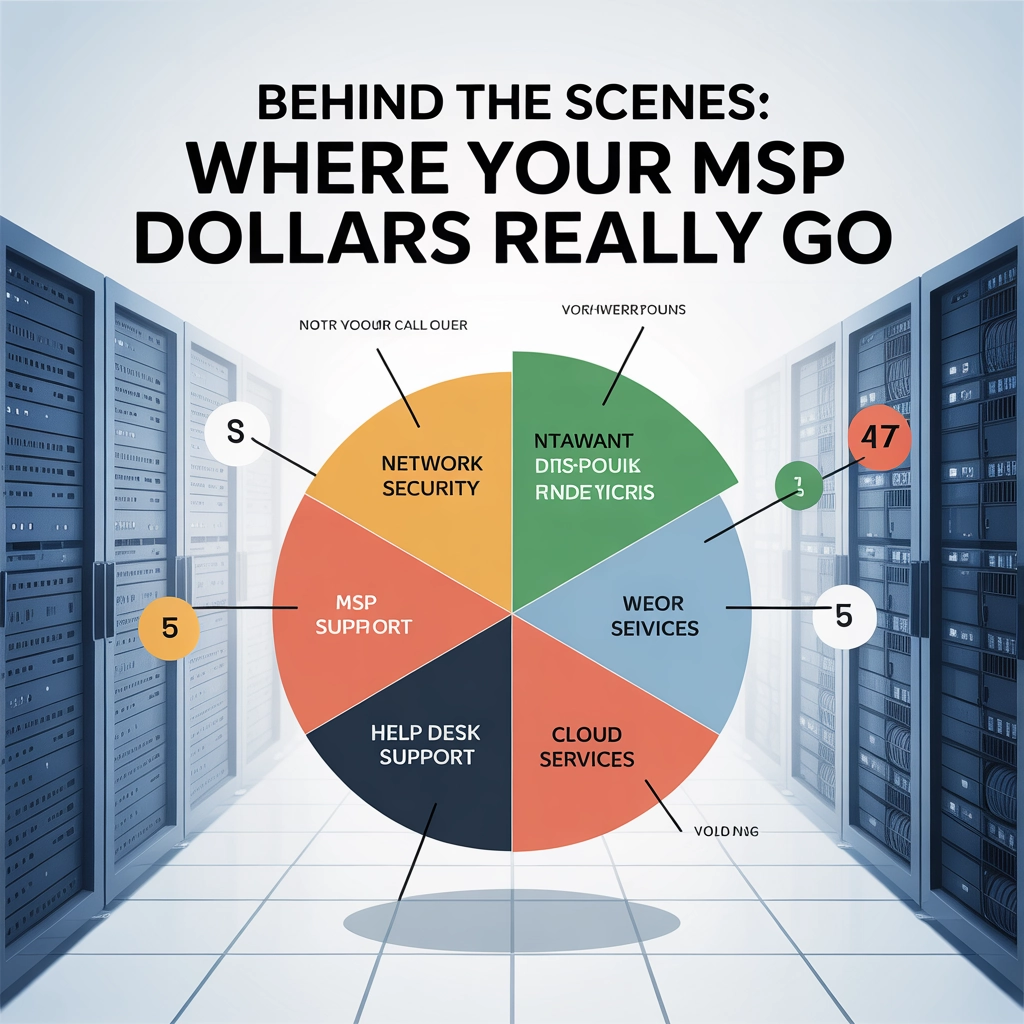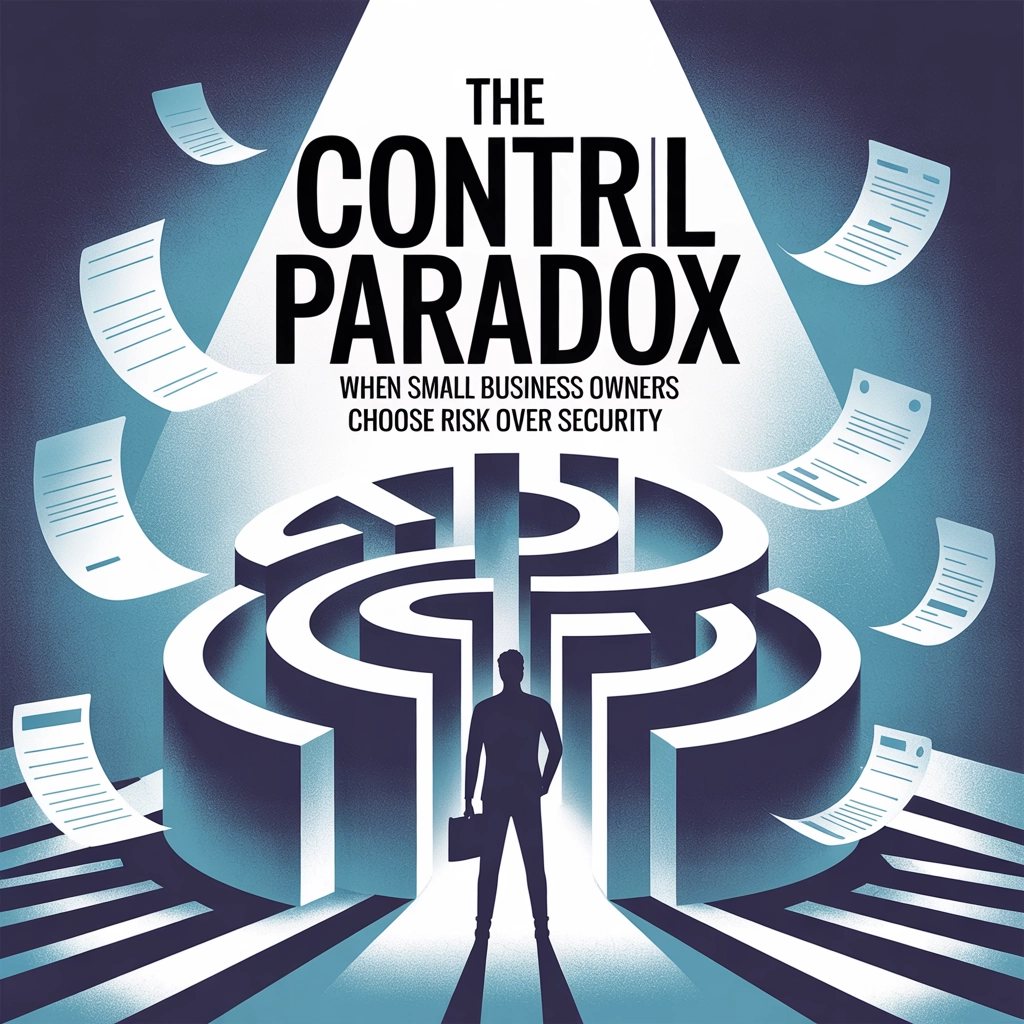Multitasking is unhealthy.
I like to think of myself as efficient. When I’m focusing on something related to what I’m doing, I’m productive. I like to think I’m quick to respond and solve problems. For example, surfing through project-related websites. In contrast to working on a project while also juggling SMS, Team alerts, and emails. The latter forces your brain to switch subjects.
Multitasking is the antonym of efficiency in scientific terms. Our brains aren’t built to focus on multiple things at once. In fact, attempting to do so causes us to become less productive and exhausted. I have no doubt that the influence on the brain will have long-term consequences for overall health. Anxiety and stress are unquestionably elevated. There’s a general sense of having too much on your plate at the same time.
Why do we do it? What’s the solution?
Welcome to the world of frequent disruptions, breaking our focus and forcing us to multitask. We want instant gratification and things done right the first time. It’s nearly impossible to have both consistently. There has to be a happy medium, and that happy medium will be different for different people.
My solution is working on one issue at a time and turning off all notifications except those for items marked as urgent would be a good balance. Once you’ve finished what you’re working on and your brain has had a chance to reset, go on to the next task. Whether it’s responding to messages or working on the next project. Zero interruptions are necessary for effective learning or work. Setting the correct expectation and boundary from the start is the balance for the receiving end.
Reducing Distractions is ideal.
For me, All notifications are turned off on chats, with the exception of ones that mention me using the @ sign. This keeps out the noise that I don’t need to see immediately. Texts/SMS are always on silent, except when the text contains the term urgent. In that instance, an app on my phone triggers a popup and notification that pushes through do not disturb. With email, If the subject or body of an email contains the word urgent, I utilize make.com to connect to my phone and activate the urgent alert.
This has been a savior for me to be able to focus more and try to avoid incoming communication from breaking my focus. Of course this isn’t the only thing to do to reduce multitasking, and your mileage may vary, but it’s a start.
How does it affect the brain?
Take a look at some of the references below for the science of it.
TLDR.
Have more patience. Reduce distractions if you want a better outcome.
Irony. This was pieced together while multitasking.The point being that ideally, don’t do it.
____
“Human Brains Are Not Designed to Multi-Task – Brain Fodder.” Brain Fodder, brainfodder.org, 1 Sept. 2015, https://brainfodder.org/multi-tasking-doesnt-work/.
“The Science Is Clear: Why Multitasking Doesn’t Work.” Cleveland Clinic, health.clevelandclinic.org, 10 Mar. 2021, https://health.clevelandclinic.org/science-clear-multitasking-doesnt-work/.
“Multitasking Is Killing Your Brain | Inc.Com.” Inc.Com, www.inc.com, 15 July 2015, https://www.inc.com/larry-kim/why-multi-tasking-is-killing-your-brain.html.
“Multitasking—a Medical and Mental Hazard – Harvard Health.” Harvard Health, www.health.harvard.edu, 7 Jan. 2012, https://www.health.harvard.edu/blog/multitasking-a-medical-and-mental-hazard-201201074063.
Share this:
- Click to share on Facebook (Opens in new window) Facebook
- Click to share on Tumblr (Opens in new window) Tumblr
- Click to share on X (Opens in new window) X
- Click to share on Pocket (Opens in new window) Pocket
- Click to share on Pinterest (Opens in new window) Pinterest
- Click to share on LinkedIn (Opens in new window) LinkedIn

